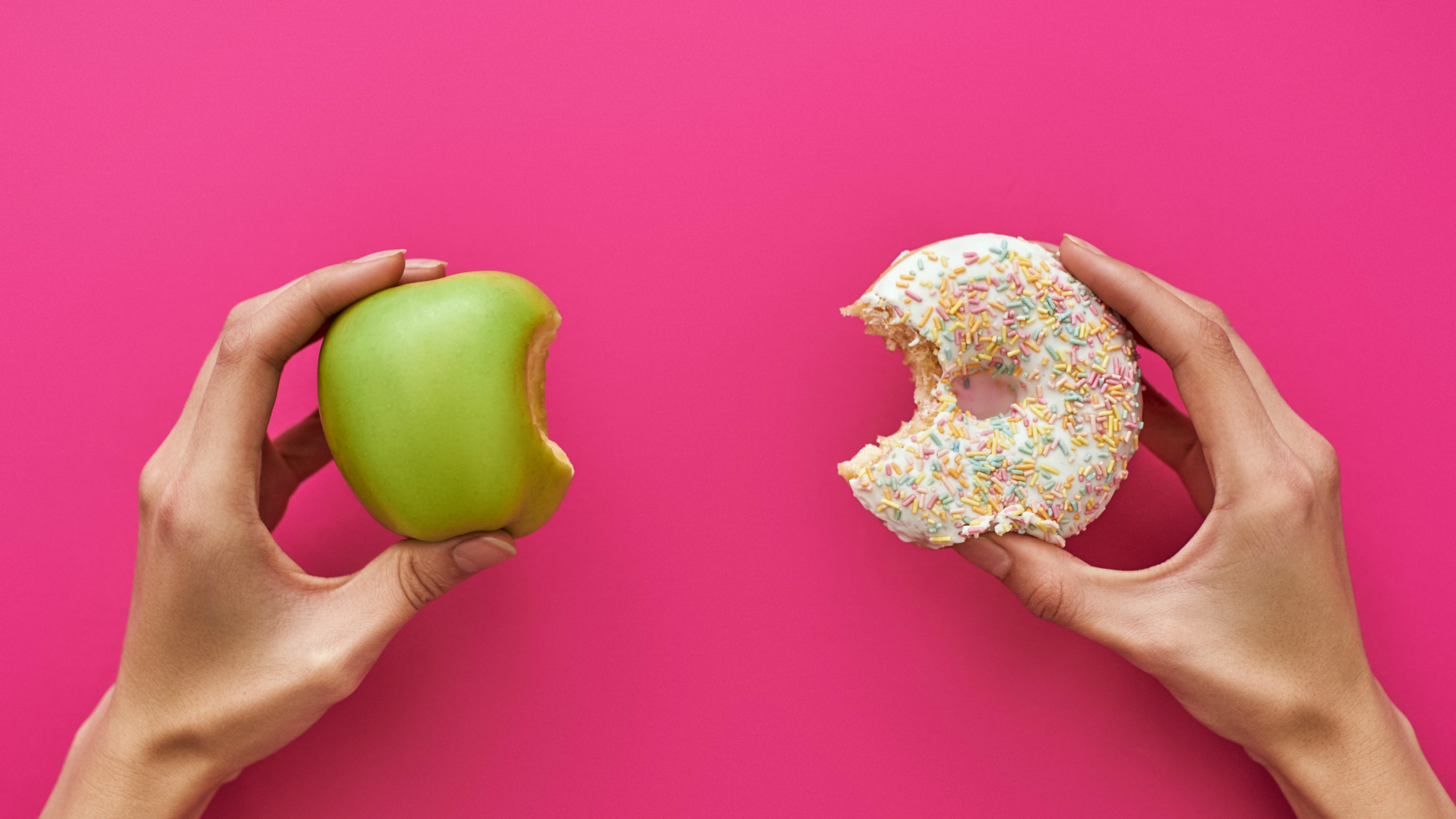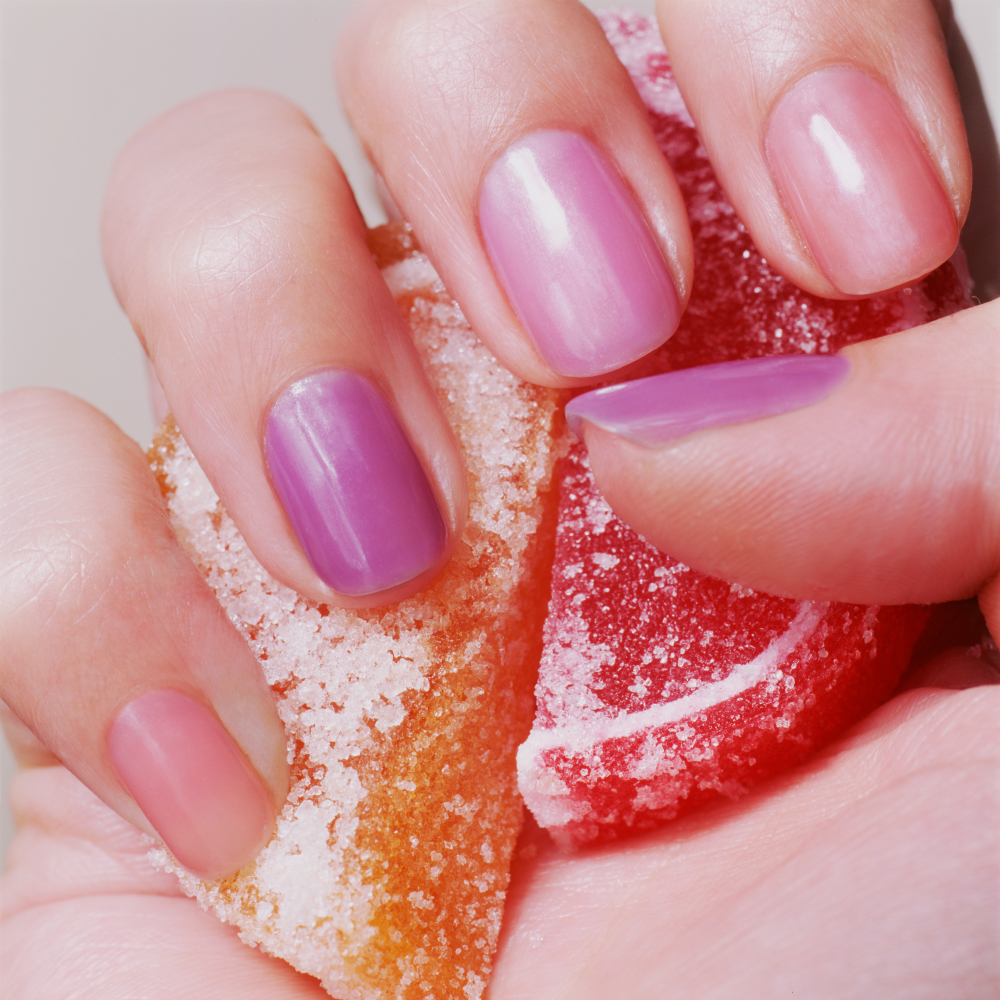Here’s what happens to your brain when you give up sugar
Sugar: natural reward, unnatural fix

We’re told that sugar is the source of all-evil when it comes to health and diet – but what does it actually do?
According to a clutch of studies, sugar is not only contributing to our rising levels of obesity, it ages us, too. With a stressful job, an expensive skincare dependency and an ever-growing collection of fine lines accumulating daily, is it time we gave it up for good?
With more and more people signing up to the ‘no sugar’ club, we take a look at the hard-boiled facts about what the sweet stuff is really doing to our brain.
It’s time to get serious…
In neuroscience, food is called a 'natural reward.' In order for us to survive as a species, things like eating must be pleasurable to the brain so that these behaviours are reinforced and repeated.
As a result, evolution has created a brain system that deciphers these natural rewards for us. When we do something pleasurable, a bundle of neurons signal to a part of the brain called the nucleus accumbens. And in turn this connection makes us decide whether to take another bite of that delicious chocolate cake or not. The brain also activates hormones that tell our body: "Hey, this cake is yummy. And I'm going to remember that."
Today, with convenience more important than ever in our food selections, it's almost impossible to come across processed and prepared foods that don't have added sugars for flavour, preservation, or both.
Celebrity news, beauty, fashion advice, and fascinating features, delivered straight to your inbox!
The brain becomes tolerant to sugar – which means more is needed to attain the same 'high'. These added sugars are sneaky - and unbeknown to many of us, we've become hooked. In ways that drugs of abuse - such as nicotine, cocaine and heroin - hijack the brain's reward pathway and make users dependent, increasing neuro-chemical and behavioural evidence suggests that sugar is addictive in the same way, too.
Scary stuff.

Sugar is emotionally addictive too. Most of us grew up with sweet foods used as a reward by our parents, grandparents and even doctors and dentists. But a new study will most probably destroy your happy connotations…
The study, published in a 2016 Physiology & Behaviour reports, states that sugar withdrawal is also linked to impulsive behaviour. Initially, rats were trained to receive water by pushing a lever. After training, the animals returned to their home cages and had access to a sugar solution and water, or just water alone. After 30 days,when rats were again given the opportunity to press a lever for water, those who had become dependent on sugar pressed the lever significantly more times than control animals, suggesting impulsive behaviour.
Although these studies were conducted in rodents, it's not far-fetched to say that the same primitive processes are occurring in the human brain, too.
Over the long term, regular sugar consumption actually changes the gene expression. Specifically, sugar increases the concentration of a type of excitatory receptor called D1, but decreases another receptor type called D2, which is inhibitory. In short, this means that repeated access to sugar over time leads to prolonged dopamine signalling, greater excitation of the brain's reward pathways and a need for even more sugar to activate all of the midbrain like before. The brain becomes tolerant to sugar — and more is needed.
Proof, were I needed, that it’s time to give it up the sweet stuff for good.
The leading destination for fashion, beauty, shopping and finger-on-the-pulse views on the latest issues. Marie Claire's travel content helps you delight in discovering new destinations around the globe, offering a unique – and sometimes unchartered – travel experience. From new hotel openings to the destinations tipped to take over our travel calendars, this iconic name has it covered.